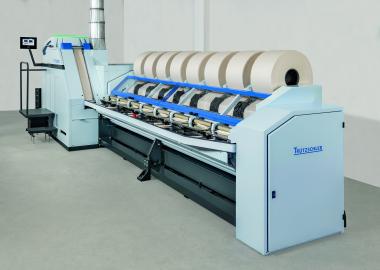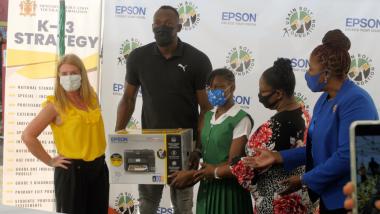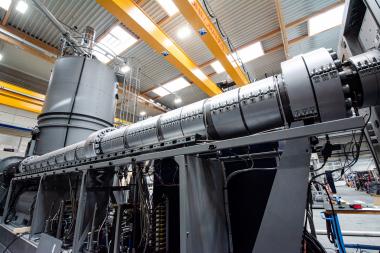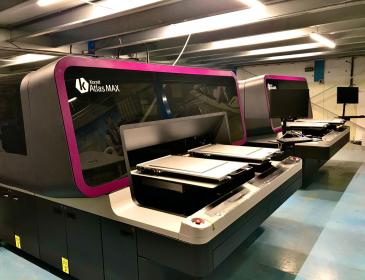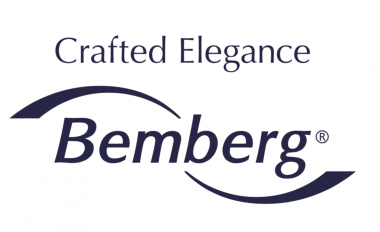Atelier Emé collaborates with mending for good for Upcyling Project
An exclusive collection of archival wedding dresses by Atelier Emé artfully reworked in collaboration with mending for good, the consulting firm offering luxury brands creative and ethical solutions for design-driven upcycling.
Re-Love is the capsule collection composed of sixteen wedding dresses - 10 developed in collaboration with mending for good, 6 created in-house by the company's style office. Sixteen iconic garments of the brand selected among the most significant in the history of the maison, reworked with love through a transformation project based on the principles of circularity. Harmonious and enchanted fusion of past and present, an effort that makes clear and possible innovation strategies following sustainability paths.
Atelier Emé has decided to collaborate with mending for good by developing a series of pieces based on craftsmanship techniques, creativity, romance and fun, starting from the archive dresses. A work carried out by the style office in the sartorial laboratories of the Maison Atelier Emé deconstructing and reconstructing the chosen garments, while mending for good, on the other hand, has provided repurposing solutions through painting on fabric by Karl Joerns of La Serra MK textile Atelier in Florence, hand embroidery by Donatella de Bonis and hand decorations. A fairy-tale upcycling, achieved through a synergistic work that has combined highly specialized skills and craftsmanship for ten creations, full of colorful designs, watercolor bouquets, three-dimensional applications and ton-sur-ton embroidery.
C.L.A.S.S. / GB Network















